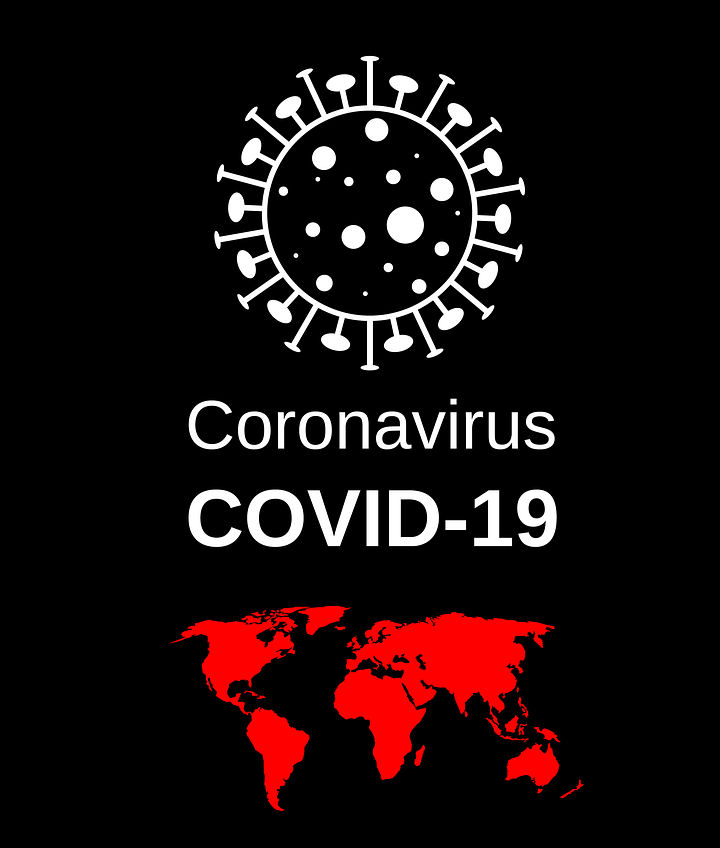
“The development of full artificial intelligence could spell the end of the human race…. it would take off on its own and redesign itself at an ever-increasing rate. Humans, who are limited by slow biological evolution, couldn’t compete, and would be superseded.”
Stephen Hawkings
Concerns arise as AI advances in sophistication, raising the specter of potential loss of control. The fear is that autonomous and unpredictable actions by highly advanced AI systems could pose a significant threat to humanity.
This apprehension likely stems from our intrinsic human inclination to establish dominance. Positioned at the summit of the natural hierarchy, humans are accustomed to delegating responsibilities, where power often accompanies such responsibilities. History has shown that humans, when wielding power, can be their own greatest adversary.
The worry is that if AI systems operate beyond our understanding or oversight, the established balance could be disrupted, leading to unforeseen consequences.
Entrusting tasks to technology is a common practice, but it’s essential to recognize that technology lacks remorse, feelings, emotions, and rationale. By relying on tools devoid of these human attributes, we may inadvertently become architects of our own challenges and adversaries.

A proactive step to avert “the world being destroyed by AI” is to emphasize initiatives aimed at enhancing transparency and explainability in AI systems. It is crucial to guarantee that the decision-making processes of AI algorithms are comprehensible to humans. Understanding these processes empowers us to exert better control and minimize unpredictability.
Once more, the idea of humans being their own worst enemy reemerges. Sharing knowledge becomes paramount, especially in the realm of coding. If an individual codes in isolation and refrains from collaboration, the potential consequences become pronounced. In the event of unforeseen circumstances, such as an incapacitation, the question arises: will there be adequate time for others to comprehend and avert unpredictability in AI?

The global Covid-19 pandemic serves as a poignant illustration. Virulent pathogens recognize no borders; they don’t require a valid passport to traverse. If nations had collaborated seamlessly as a unified force to curb the spread, it is plausible that thousands, if not millions, of lives could have been preserved. Regrettably, news coverage often fixates on individual countries’ progress in finding a solution to the pandemic, overshadowing the collective effort that could have mitigated its impact.
Unless humans grasp the responsibilities inherent in being the dominant species, the very qualities that make us great have the potential to become our downfall.
After all that has been said, maybe the title of this post should have been “Can Humans Be Trusted with AI? Navigating the Future of Human-Artificial Intelligence Collaboration”


